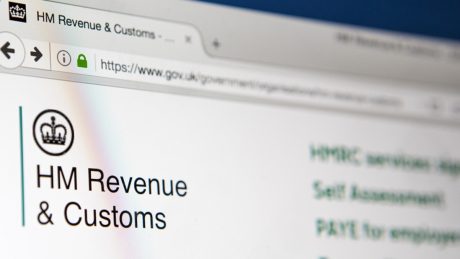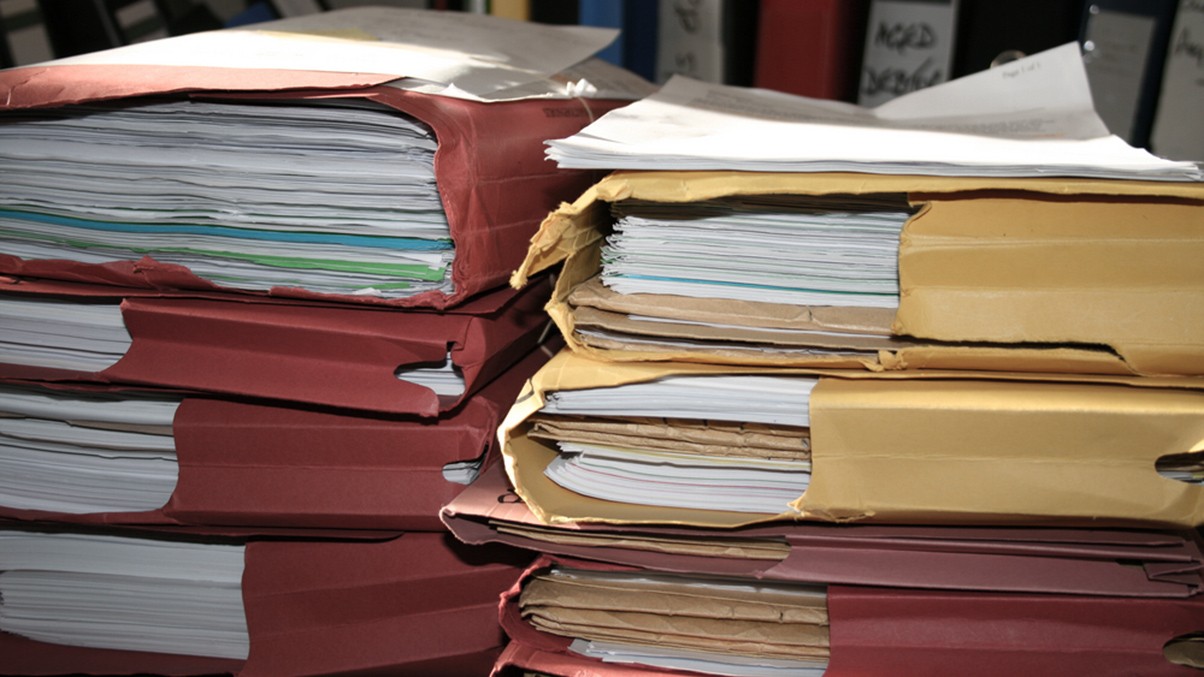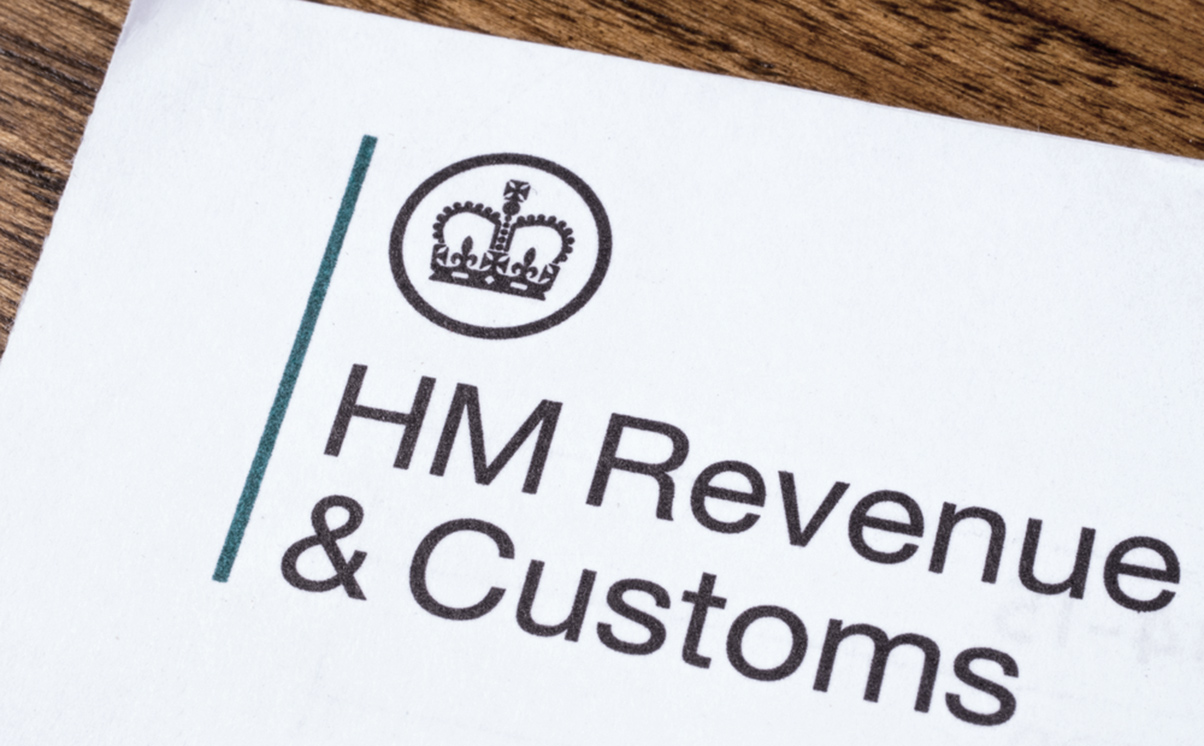The tax tribunal criticized HMRC for its approach to the use of expert evidence in a case involving landfill tax. Lee Ellis of Stewarts and Colm Kelly of Devereux Chambers discuss what litigants can learn from HMRC’s mistakes.
HM Revenue & Customs (HMRC) has been the subject of criticism by the First-tier Tribunal for its approach to service of expert evidence in a recent case involving landfill tax. Litigants can learn from HMRC’s mistakes in terms of what experts should not include in their reports, and how applications to adduce expert evidence should not be made in order to avoid the risk of usurping the tribunal’s role.
This article discusses the three key lessons from the Tribunal’s decision in Singleton Birch Ltd & FCC Recycling (UK) Ltd v HMRC [2021] UKFTT 440 (TC).
The Appeal
Landfill waste that is “qualifying material” is subject to a significantly lower rate of landfill tax. Landfill site operators are liable to pay landfill tax. Singleton Birch Ltd (SB) operated a number of landfill sites and accepted delivery of what was known as the “FCC waste” from FCC Recycling (UK) Ltd (FCC).
The issue in the underlying appeal, which has yet to be determined, is whether the waste received by SB from FCC was “calcium based reaction wastes from titanium dioxide production,” which is one of the categories of qualifying material listed in the Landfill Tax (Qualifying Material) Order 2011. If so, it can be accounted for at the lower rate of landfill tax.
SB had accounted for tax on the basis that the FCC waste was qualifying material. Following an inquiry, HMRC issued SB with an assessment that denied that the FCC waste was a calcium based reaction waste from titanium dioxide production. During a statutory review, HMRC conceded that the waste was a calcium based reaction waste, but continued to deny it was “from titanium dioxide production.”
SB and FCC appealed to the Tribunal. HMRC filed a statement of case, denying that the FCC waste was qualifying material, but without expressly withdrawing its previous concession that it was a “calcium based reaction waste.” The Tribunal issued directions without any provision for expert evidence.
The Application
In correspondence, the appellants suggested that the parties should attempt to agree to a statement of agreed facts and issues, but were rebuffed by HMRC.
HMRC raised the prospect of serving expert evidence to address the issue of whether the FCC waste was a calcium based reaction waste, i.e. one of the issues that the Tribunal would determine. At that stage, HMRC had not yet identified an expert witness. HMRC stated it would explore whether a suitably qualified expert could assist and would revert when those inquiries had concluded.
HMRC did not revert. Five months later, it served a final expert report accompanied by an application to the Tribunal to adduce the evidence of HMRC’s expert.
This was the application the Tribunal determined.
Permission is required to serve expert evidence
HMRC had served its expert report without permission from the Tribunal, and its application was to adduce evidence from its expert.
The appellants’ position was that rule 15(1)(c) of the First-tier Tribunal Rules required that a party seek the permission of the Tribunal before serving an expert report. Rule 15(1)(c) stated that “the Tribunal may give directions as to … whether the parties are permitted or required to provide expert evidence.”
There are conflicting First-tier Tribunal decisions on this point. In Chandanmal & Ors (t/a Narain Bros) v HMRC [2012] UKFTT 188 (TC) and JDI Trading Ltd v HMRC [2012] UKFTT 642 (TC), the Tribunal had stated that permission was required before expert evidence could be served. In Libra Tech Ltd v HMRC [2013] UKFTT 180 (TC) and Megantic Services Limited v HMRC [2013] UKFTT 492 (TC), the Tribunal had reached the opposite conclusion.
The Tribunal preferred the appellants’ submissions and agreed that rule 15(1)(c) required that the permission of the Tribunal be obtained before serving an expert report.
The Tribunal also rejected as “disingenuous” HMRC’s submission that in a complex case, the Tribunal could not be expected to rule on the admissibility of an expert report without sight of the report. The Tribunal strongly criticized this approach, stating that it was “disingenuous for HMRC to suggest that the Tribunal, in a complex appeal, would be unable to determine an application for permission to adduce expert evidence without first having sight of the expert report. Such an approach would clearly be illogical and disproportionate in terms of time and costs.”
Agree to the issues before applying for permission to serve expert evidence
The appellants submitted that it was good practice for parties to attempt to agree to the position before seeking permission to serve expert evidence.
The Tribunal agreed, finding that the overriding objective required parties to attempt to agree to the position and identify areas of disagreement after having identified a suitable expert but before making an application for permission to serve expert evidence. Following that, a detailed application and response would allow the Tribunal to identify any remaining areas of disagreement and issue appropriate case management directions.
HMRC had failed to do this. Despite stating in correspondence that it would revert to the appellants once a suitable expert had been identified, HMRC never did so. Instead, it instructed the expert, had him produce a final report, served the report, and made the application to adduce his evidence. All this was done without giving any notice to the appellants or the Tribunal.
The Tribunal commented that had HMRC complied with its duty to attempt to agree to the position, it was highly unlikely that a contested case management hearing would have been necessary.
The Tribunal directed the parties to submit draft directions that would provide that the parties agree to the statements of agreed facts and issues, as the appellants had initially suggested.
When drafting instructions to experts, take care not to usurp the tribunal’s role
HMRC’s letter of instruction to its expert asked him to offer his opinion on seven issues. The first two of those issues addressed the constituent elements of the FCC waste and how it was produced.
An unusual feature of this appeal was that HMRC withdrew its concession that the FCC waste was a calcium based reaction waste. HMRC suggested that it initially attempted to do this in its statement of case. However, the Tribunal commented: “It could have been stated more clearly without the need for clarification in correspondence.” It was only on the day of the case management hearing that HMRC clearly stated that it was withdrawing its concession. In light of the concession being withdrawn, the appellant did not object to HMRC’s expert giving evidence on the first two issues. The Tribunal agreed.
The next four issues broke down the statutory definition contained in the Landfill Tax (Qualifying Material) Order 2011 and asked HMRC’s expert if the FCC waste met the various components of the definition. The appellants objected to the expert evidence on these issues on the basis that it usurped the role of the Tribunal by attempting to answer the central questions of law or mixed fact and law, which were to be determined by the Tribunal.
The Tribunal agreed with the appellants, excluding those four issues and commenting that “those questions seek to address the very issues that the Tribunal is required to determine and usurp the Tribunal’s proper function.”
Finally, the Tribunal also excluded HMRC expert’s evidence on the seventh issue, by which HMRC’s expert gave a summary of the legislative scheme for the classification of waste. The Tribunal found this to be “clearly not evidence but excerpts/recitation of the legislation and regulatory requirements with submissions on their relevance, purpose and interpretations.” Submissions on the law were properly a matter for the parties’ representatives, not an expert witness.
As a result of badly drafted instructions, and HMRC’s expert answering questions and presenting expert evidence that rested on legal matters that were properly for the Tribunal to determine, the Tribunal found approximately 44% of the expert’s report to be inadmissible. The Tribunal directed HMRC to amend and re-file its expert report in accordance with the Tribunal’s directions.
So, what can be learned from HMRC’s mistakes?
First, permission is required before serving expert evidence. As in any area where there is conflicting authority, it is risky to pick the most convenient approach, assume that it is correct and proceed on that basis. HMRC incurred the cost of a full expert report, large sections of which were excluded from evidence.
Second, remember the duty to cooperate with the other side forms part of the duty to help the Tribunal further the overriding objective, and cooperate with the Tribunal. It is important to engage with the other side if you propose to serve evidence that is not provided for in the current directions. Perhaps obviously, if you promise to revert and make proposals for expert evidence, then follow through on that promise.
Third, pay attention to the terms in which you draft the letter of instructions. Remember to confine your expert’s evidence to those matters of fact on which they can offer an expert opinion. Do not let your expert witness opine on matters of law or mixed law and fact; that will always be a matter for the lawyers and the Tribunal.
By doing otherwise than indicated above, you run the risk of having the expert evidence found inadmissible and possibly being liable to pay the other party’s costs in the case.
This article first appeared in Bloomberg Tax published 14 February 2022.
You can find further information regarding our expertise, experience and team on our Tax Litigation and Resolution pages.
If you require assistance from our team, please contact us.
Subscribe – In order to receive our news straight to your inbox, subscribe here. Our newsletters are sent no more than once a month.





